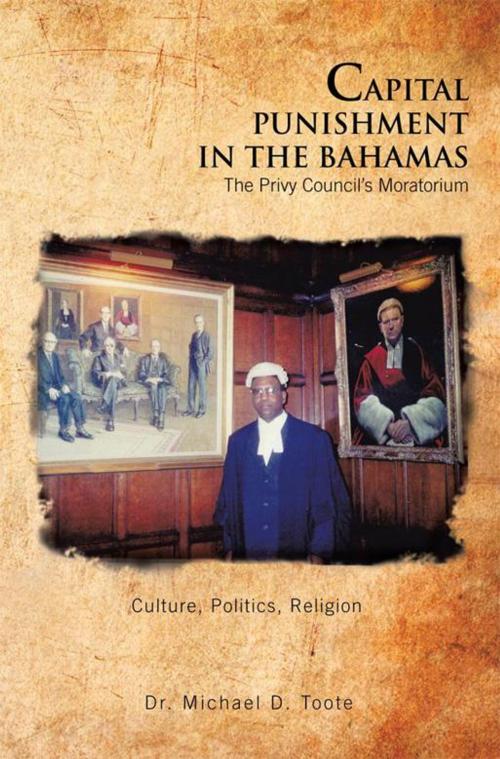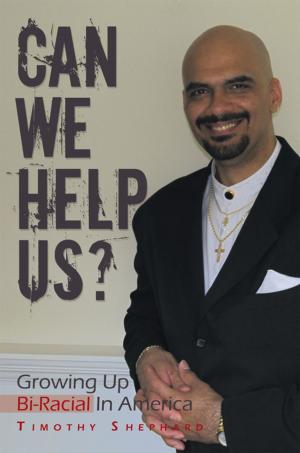Capital Punishment in the Bahamas the Privy Council's Moratorium
Nonfiction, Reference & Language, Law, Social & Cultural Studies, Social Science, Sociology, Education & Teaching| Author: | Dr. Michael D. Toote | ISBN: | 9781456798840 |
| Publisher: | AuthorHouse | Publication: | June 20, 2013 |
| Imprint: | AuthorHouse | Language: | English |
| Author: | Dr. Michael D. Toote |
| ISBN: | 9781456798840 |
| Publisher: | AuthorHouse |
| Publication: | June 20, 2013 |
| Imprint: | AuthorHouse |
| Language: | English |
Capital punishment is a debate that grips civil society anew with every incidence of homicide. The cry from a majority of stakeholders is a desperate plea to enforce the death penalty which has been derogated by the courts, at home and abroad. The abatement of capital punishment takes place amidst a tidal wave of unrelenting crimes against the person, namely murder. The branches of government seem bereft at best to provide a remedy and at worse unable to enforce the law as it relates capital punishment in the Bahamas. Added to this is an uneasy public whose trust in the executive, legislative and judicial branches of government is noticeably waning. Additionally, outside forces, led by abolitionists, are bearing down on the Bahamas with a view of nudging the nation and the Caribbean into an era of life imprisonment for murder as opposed to death by hanging as its penalty. Toote sets forth these issues with striking clarity, offering practical remedies to help settle the controversy surrounding the death penalty in the Bahamas and the Caribbean. 'Capital Punishment in the Bahamas and the Caribbean' in light of the Privy Council's moratorium is required reading for all who desire an appreciation of the subject of capital punishment, including students, religious leaders and professionals in the legal arena.
Capital punishment is a debate that grips civil society anew with every incidence of homicide. The cry from a majority of stakeholders is a desperate plea to enforce the death penalty which has been derogated by the courts, at home and abroad. The abatement of capital punishment takes place amidst a tidal wave of unrelenting crimes against the person, namely murder. The branches of government seem bereft at best to provide a remedy and at worse unable to enforce the law as it relates capital punishment in the Bahamas. Added to this is an uneasy public whose trust in the executive, legislative and judicial branches of government is noticeably waning. Additionally, outside forces, led by abolitionists, are bearing down on the Bahamas with a view of nudging the nation and the Caribbean into an era of life imprisonment for murder as opposed to death by hanging as its penalty. Toote sets forth these issues with striking clarity, offering practical remedies to help settle the controversy surrounding the death penalty in the Bahamas and the Caribbean. 'Capital Punishment in the Bahamas and the Caribbean' in light of the Privy Council's moratorium is required reading for all who desire an appreciation of the subject of capital punishment, including students, religious leaders and professionals in the legal arena.















